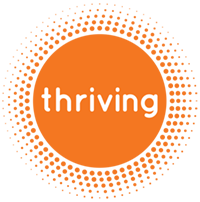Reaching Out for Help
with Mark Mulligan or Daryll Scott
Key outcome:
Discover small changes you can easily make in how you think, feel and behave, so that you can be comfortable and confident reaching out for help at work when you need it most.
The crisis is deepening: in 2025, 82% of employees globally were found to be at high risk of burnout, and 84% reported experiencing at least one mental health challenge in the past year*, and, as we work from home, the opportunity to reach out for help from others at work has decreased — but the need to have deep, genuine connections hasn’t.
There are so many reasons that get in the way of us reaching out for help at work when we need it; discomfort of an awkward conversation, fear of what others will think, or impact on career prospects. Whilst some of these reasons could be true, in reality most are not.
In this pragmatic session, you’ll learn how you can reach out for help at work in a way that works for you when you need it most.
Comments are closed.
